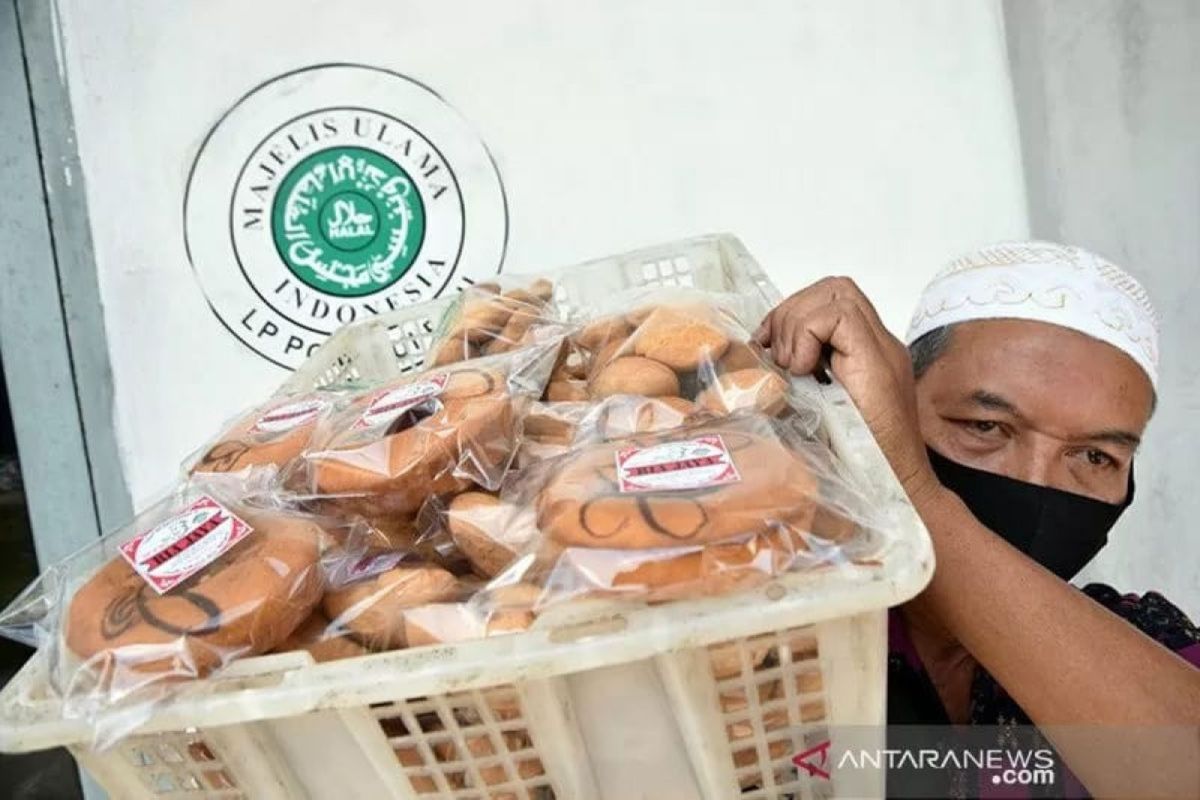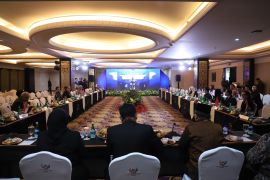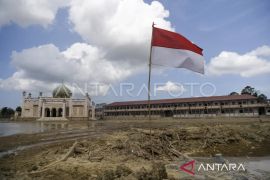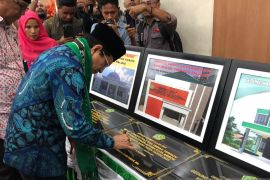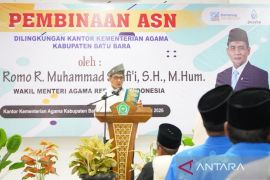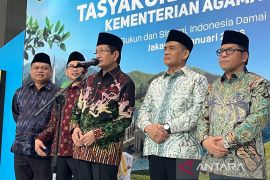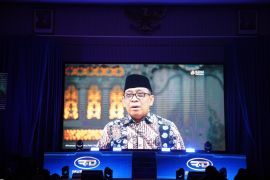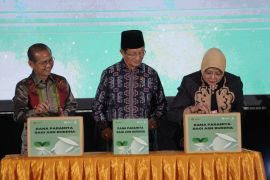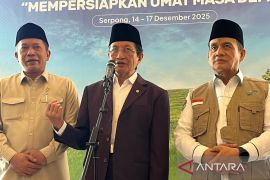Fuad Nasar, director for halal products at the ministry, called halal an inclusive concept that aligns with humanity’s natural preference for clean, nutritious goods, regardless of religious background.
“Halal is not just a religious symbol, but also a globally recognized quality assurance,” he said.
He explained that certification is issued by the Halal Product Assurance Organizing Body (BPJPH) after the Indonesian Ulema Council (MUI) or its Fatwa Committee declares a product halal.
The halal assurance system covers every stage of production—from sourcing raw materials and processing to storage and distribution—ensuring products are free from anything deemed haram.
Related news: Indonesia eyes global halal hub status with 9.6M certified products
This system not only reinforces consumer confidence but also adds economic value for producers, enabling them to compete in international markets that require halal assurance.
Nasar stressed the importance of communicating halal concepts in clear, effective language to make it understandable and adopted by the general public.
He noted that government concern with halal products dates back decades. Since 1976, the Health Ministry has required labeling of products containing pig‑derived materials.
He also cited Law No. 33 of 2014 on Halal Product Assurance, which mandates halal certification and established BPJPH.
Under Government Regulation No. 42 of 2024, businesses using non‑halal ingredients must clearly label their products as non‑halal, adding a layer of legal accountability.
Nasar said the ministry continues to push for stronger public understanding and enforcement of halal standards, emphasizing that proper certification supports not only religious compliance but also product integrity, market access, and consumer protection.
Related news: Global awareness of halal products drives RI to become halal hub
Translator: Asep Firmansyah, Mecca Yumna
Editor: Rahmad Nasution
Copyright © ANTARA 2025
